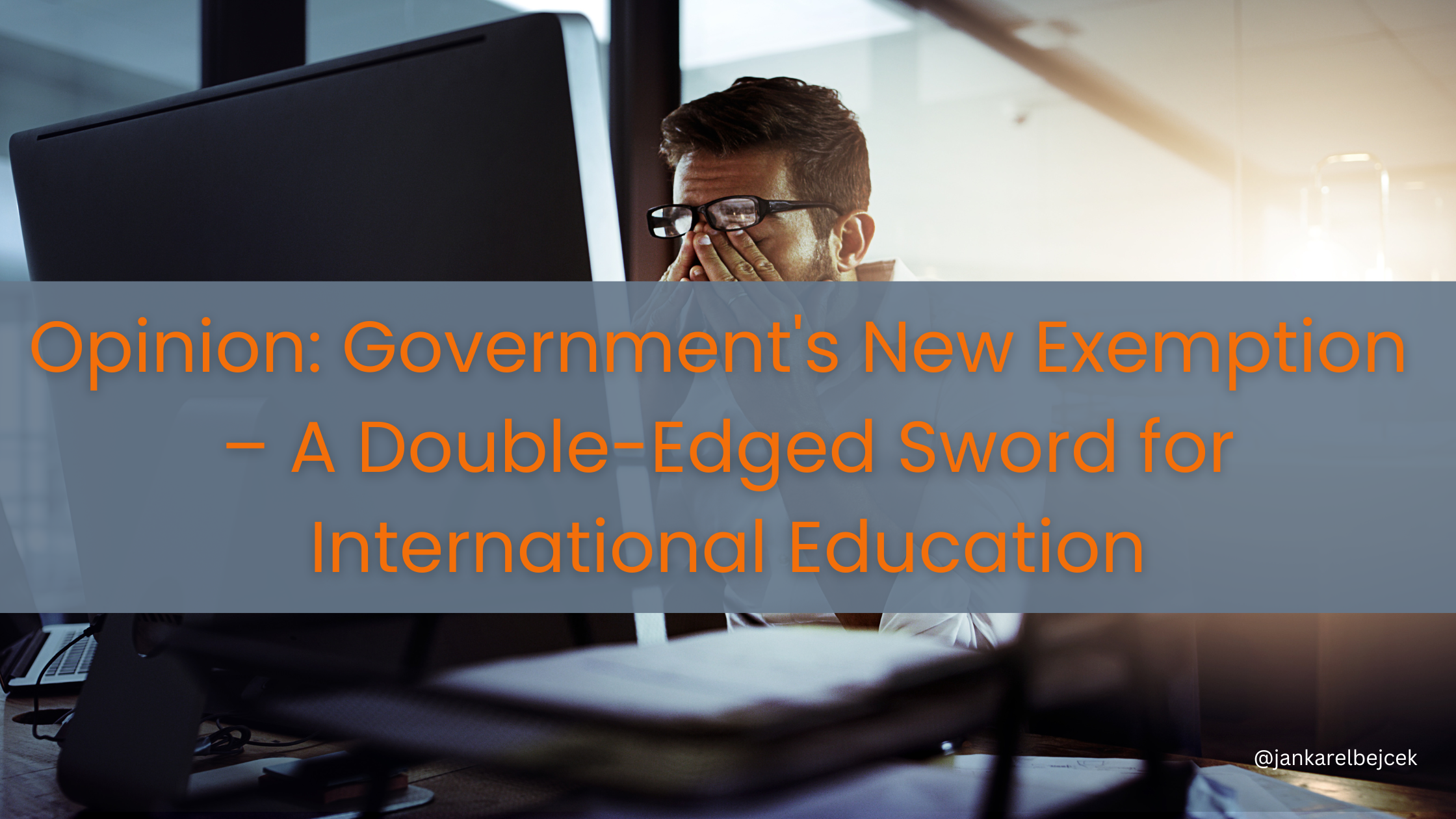Opinion: Government’s New Exemption – A Double-Edged Sword for International Education
The recent publication of the Department of Education’s Factsheet on student cohorts exempted from the National Planning Level raises critical concerns about the potential exploitation of international students. While the intention behind allowing students affected by providers’ default to move to other institutions appears compassionate, it simultaneously opens a door for unscrupulous providers to capitalise on the situation.
The Factsheet outlines that under specific circumstances outlined in the ESOS Act, students may transfer to another provider when their current institution is unable to fulfill its obligations, such as in cases of closure or loss of professional accreditation. This exemption allows institutions to sidestep enrolment caps, theoretically protecting students from disruptions in their education. However, the reality is more complicated.
As the Independent Tertiary Education Council Australia (ITECA) has warned, the looming threat of up to 300 colleges closing due to enforced enrolment caps presents a troubling scenario for the international education landscape. With fewer legitimate providers available, the likelihood of students being funneled into dodgy institutions increases. This situation not only jeopardises the quality of education but also puts students at risk of exploitation by unscrupulous providers looking to take advantage of the new rules.
We must question whether this exemption truly serves the best interests of students or if it merely provides a loophole for unreliable providers to continue operating. The potential for “provider shopping,” where students are moved from one failing institution to another, is not just a hypothetical concern; it is a reality that has already begun to manifest. Students who deserve quality education and support may find themselves trapped in a cycle of instability and uncertainty.
Unfortunately, once again, the government’s rushed decision-making overlooks the importance of consulting with industry experts to fully grasp the impact of its actions. As a result, reputable providers will be forced to shut down, while unscrupulous operators will find new ways to bypass the regulations. This will undermine the integrity of Australia’s international education sector, reducing it to a political football at the expense of students, with no real winners. It’s imperative that policymakers reconsider these measures and prioritise building a stable, reliable educational framework that genuinely safeguards the interests of international students.
#studyabroad #study #InternationalEducation #EdPolicy #EducationIntegrity #ProtectStudents #SustainableEducation #InternationalStudents
#EdSector





Leave A Comment